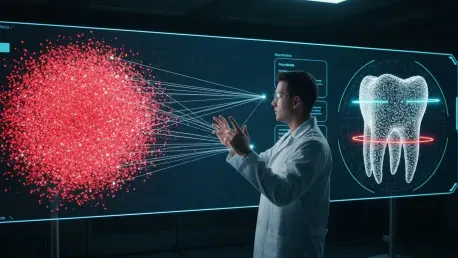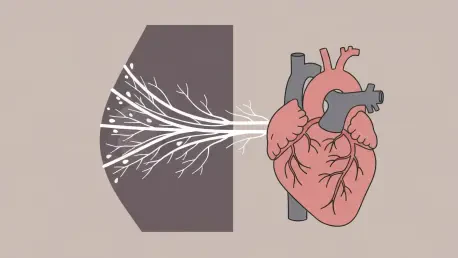
The year 2025 marked a watershed moment in oncology, as the U.S. Food and Drug Administration (FDA) greenlit three groundbreaking therapies that significantly advance the paradigm of precision medicine for patients with breast cancer. These approvals underscore a definitive shift away from

Today we're speaking with Ivan Kairatov, a biopharma expert whose work at the intersection of technology and research is pushing the boundaries of public health analysis. His team recently published a groundbreaking study that applied a sophisticated machine learning pipeline to the massive

For millions of women, the annual or biennial mammogram is a familiar, if sometimes uncomfortable, part of their preventive health routine—a critical tool in the ongoing fight against breast cancer. A comprehensive analysis of recent medical research highlights the significant, yet largely

Breast cancer remains one of the most significant health challenges worldwide, where the critical difference between a positive prognosis and a devastating outcome often hinges on the speed and precision of the initial diagnosis. For decades, the medical community has relied on established

The silent progression of the hepatitis C virus (HCV) has long posed a formidable public health challenge, largely due to a slow and fragmented diagnostic process that creates a critical bottleneck in patient care. The current standard involves a two-step ordeal that can stretch over days or even

For decades, we’ve understood cancer as a disease of broken genes, a series of typos in the DNA code. But a new wave of research is revealing that the story is far more complex and elegant. It’s not just about the code, but the physical shape it takes. Guiding us through this paradigm shift is Ivan